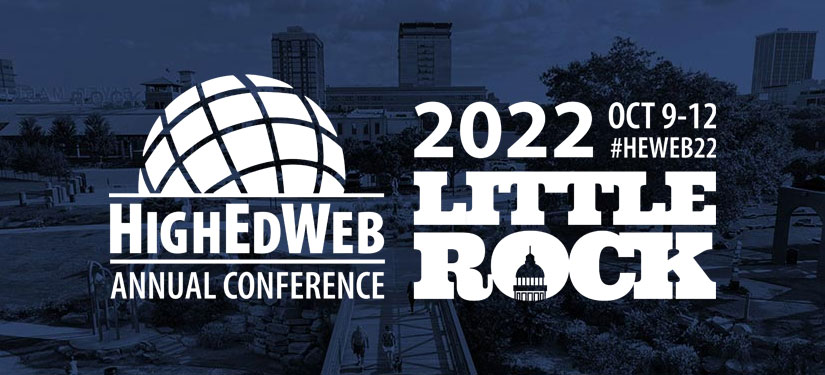We actively ask some of the most vulnerable populations in the world to willingly give a precious resource — their personal data — to a company that’s proven time and time again it can not be trusted with that data. Meta’s products Facebook and Instagram are known to harm the mental health of teenagers, be an agent for anti-democratic bad actors, and serve as pathways to online radicalization of young people. Yet we as digital communicators in higher education rely heavily on these platforms to connect with and market to teenage populations who are most at risk of falling prey to the dangers these platforms present. All online communications are associated with the dangers of the internet, but there are actions we can take to educate and better protect our prospective students.
In this session you’ll see how a social media team for a liberal arts college has begun to chart a path to reducing and eliminating Facebook (yay!) and Instagram (what?) from our social media communications environment. It’s not easy, requires a lot of planning and means special consideration for social media crisis communications.
Presenter
Andrew Cassel — Middlebury College
Log in
Please log in to access the recording, slides and other session materials. Paid members have full access to the entire library.
New members
HighEdWeb offers several membership classes. Join today as a premium, affiliate, student or institutional member for full access to this session. Become a paid member.
Shortcode
SCS8
